As this political season heats up, and all the arguments, indignation and accusations that go with it come to a rolling boil, I thought it would be worth having a look at some of the deeper biases that we all can get immersed in, regardless of ideology or political sentiments.
I write this, not because I think you should be apathetic about politics, or choose a particular side that I might like. I write this because the bombardment of manipulations we are subject to can cause us to lose focus on the meaningful details of our own lives; and the biases which politics are teeming with can throw off our judgment about what’s most important.
By politics, I mean the process by which we – politicians and media most strongly, but individuals as well – persuade, cajole, manipulate, trick, argue, deceive, and otherwise do everything we can to empower those we want to empower, and disempower those we want to disempower.
This is an equal opportunity inquiry. We all have our personal beliefs, and, regardless of what they are, every single one of us gets seduced by our biases.
Emotional Bias:
First of all, politics, and the media hype around it, creates an emphasis on emotion. From the regal music of the Sunday news shows, to the passionate oration of the politicians, to the choreographed sneers and eye rolls of the political commentators, politics feeds into our emotional system much more than our rational, intellectual assessments, no matter how much a given speaker may insist that they offer the “True Facts.”
Tribal Bias:
Human beings are by far the most caring, empathetic creatures on earth. We have unique wiring in our brain that makes this possible. If a chimpanzee in the wild is injured, he will not be taken care of by the troop – they will let him suffer and starve; but when current day members of human hunter gatherer bands were questioned, fully half of the members had been in just such a situation, and the band nursed them back to health.
This is significant, because the exceptions stand out in stark relief. When we see or hear about examples of people doing monstrous things to other people, it horrifies us – because this is not how almost all of us behave toward our fellow human beings. (There are examples of other animals, dogs, elephants, etc. showing deep caring; but these are moving because they seem so human – they are also, almost always, toward direct relations.)
But politics feeds into a tribal bias. That level of compassion and empathy mostly disappears when we think of people as outside of our group. These days, more than any time in history, the whole world is our group, which is a very good thing. But when we judge a politician from an opposing party, we lose that empathy and compassion. Our bias is strongly for our party, and against the other.
Which means we’ll tend to see only or mostly the good in members of our team, and only or mostly the bad in the other. Regardless of what the actual truth may be.
Immediacy Bias:

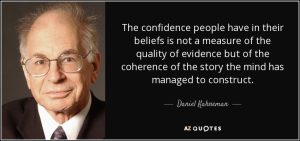

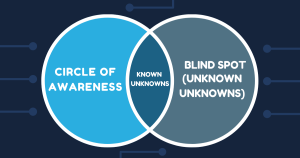
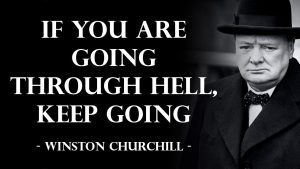
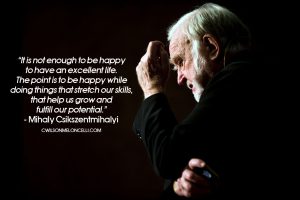
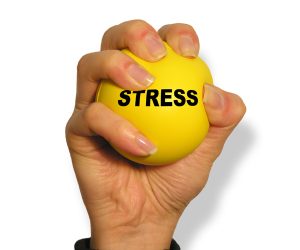
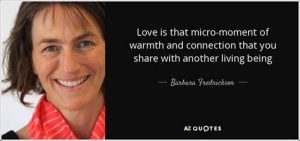
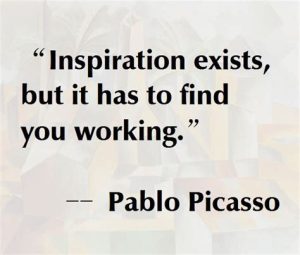
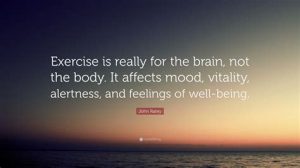

Recent Comments